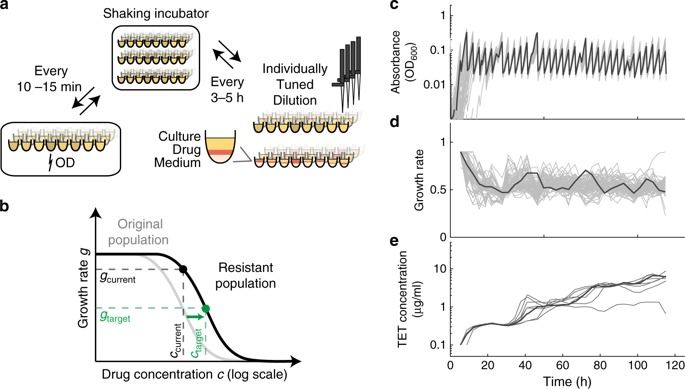New research untangles the complex code the brain uses to distinguish between a vast array of smells, offering a scientific explanation for how it separates baby powder from bleach, lemon from orange, or freshly cut grass from freshly brewed coffee.
A single scent can trigger a complex chain of events in what’s known as the olfactory bulb, the brain’s control center for smell. To unravel the intricacies of that process, researchers in the U.S. and Italy turned to a technique known as optogenetics, which uses light to control neurons in the brain. In research on mice, they used light to trick the brain into thinking it smelled a particular scent, then studied brain activity to understand the role different neurons play in a mouse’s ability to recognize that scent. Their findings were published Thursday in Science.
When we encounter a certain smell, it stimulates a specific pattern of activity among tiny spheres known as glomeruli, which are found in the olfactory bulb. The odor plays across these glomeruli like a melody across piano keys: Just as a tune is made distinct by which keys are pressed and at what point in the melody, a scent is made distinct by which glomeruli are activated and in what order.








